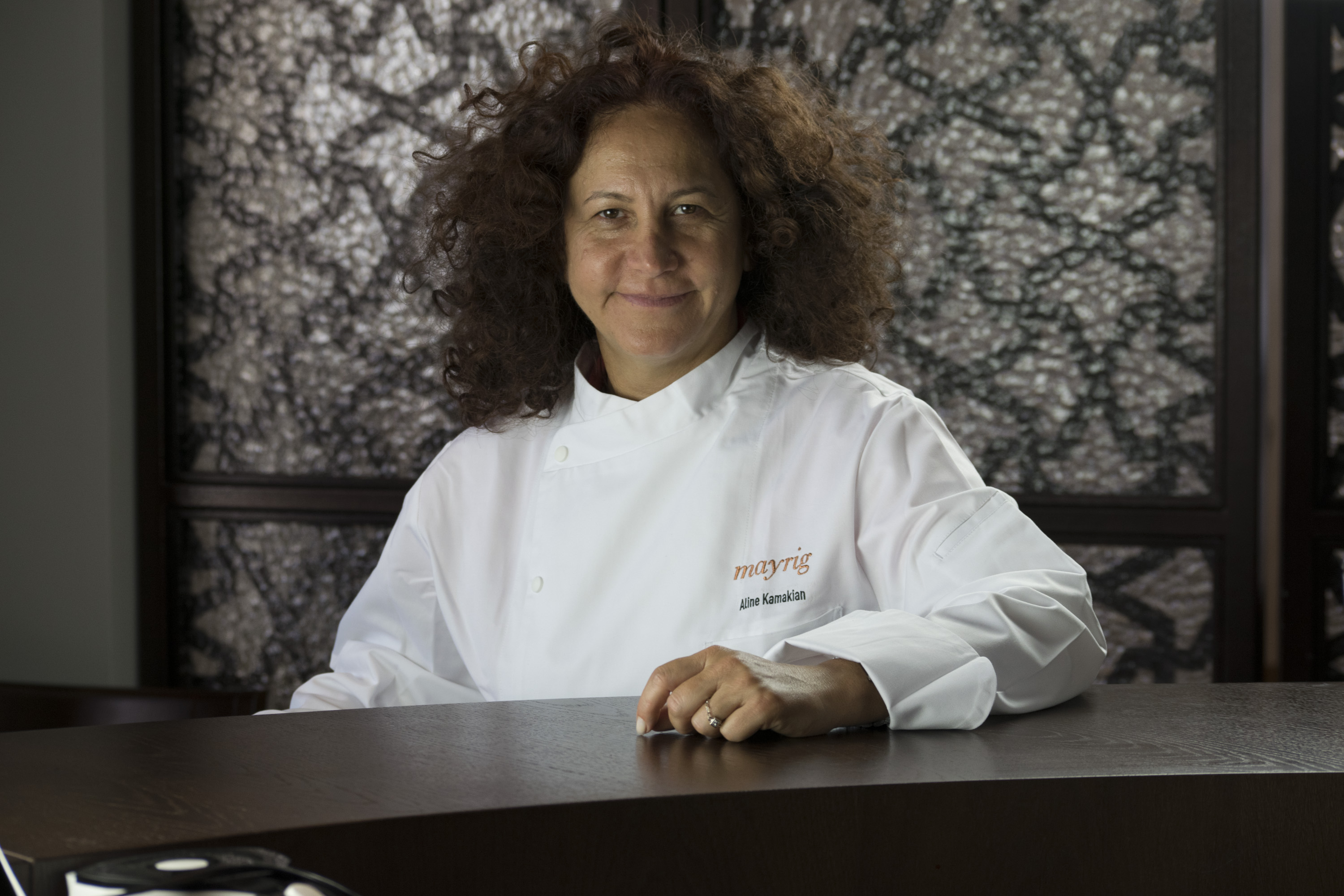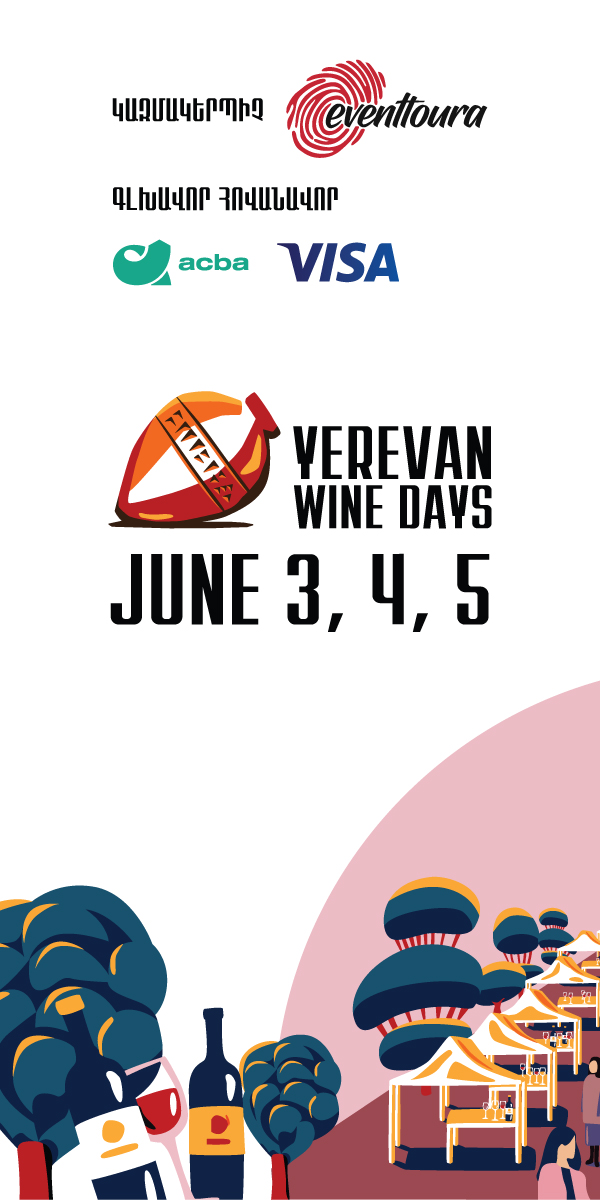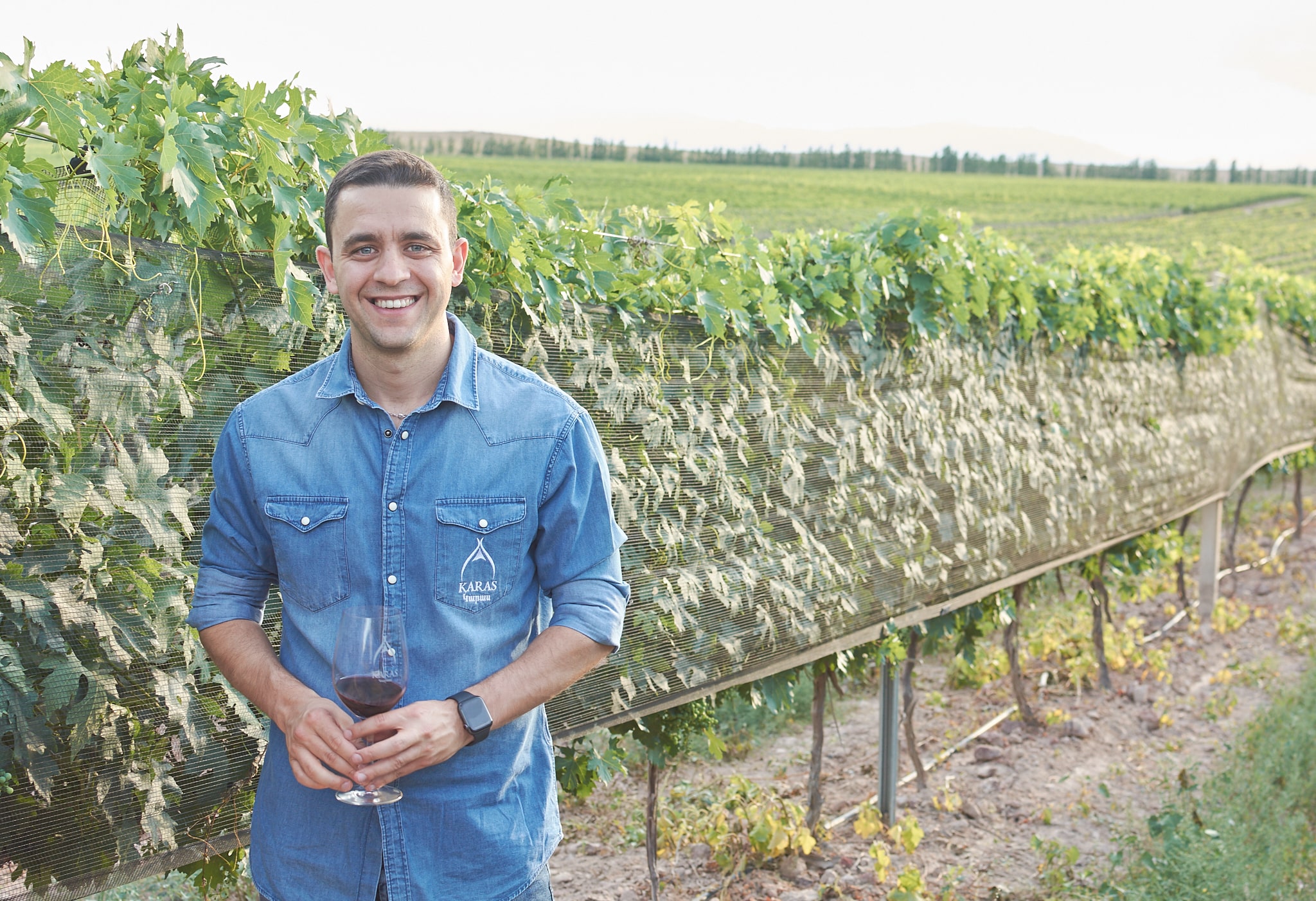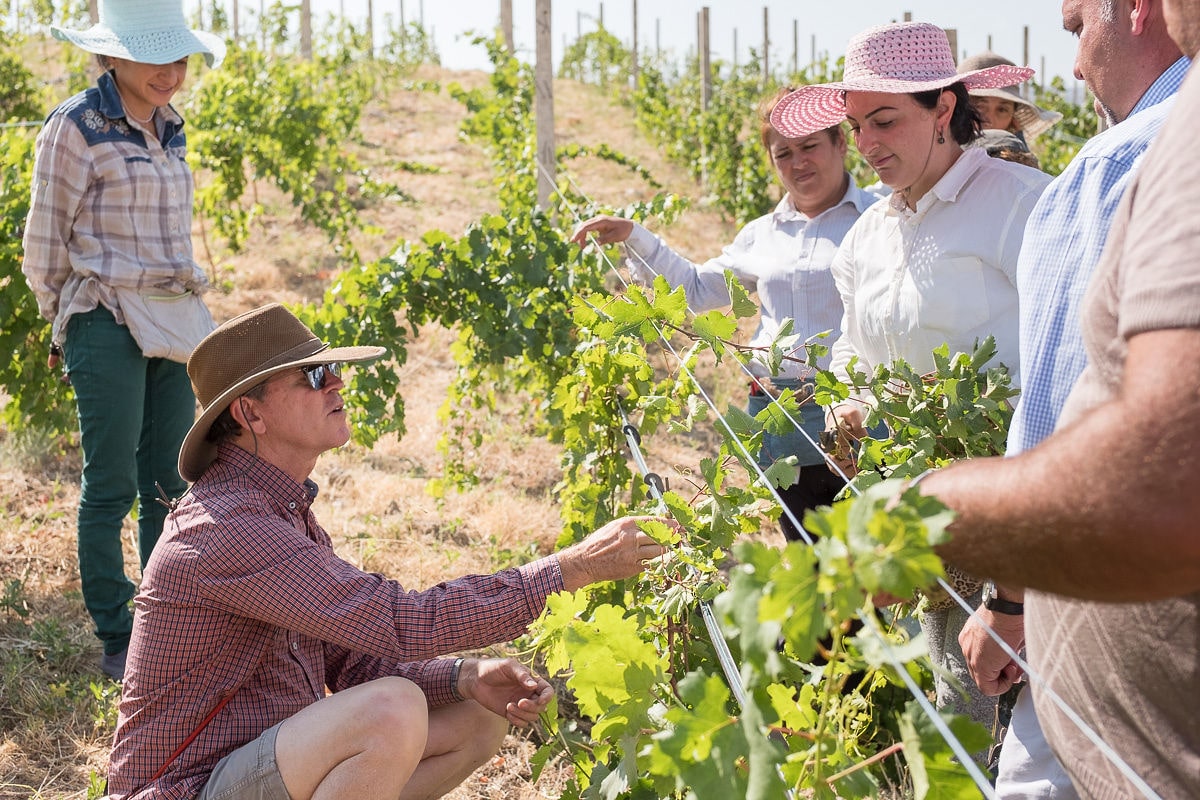Kinédoun: Armenian Wine in Canada
- By Marine Martirosyan
- Translated by Christine Bessalian
- 21 April, 2022
Canadian-Armenian wine lover Kevork Kataroyan gave up his 25 years in banking and finance to devote his time and energy to promoting Armenian wines. He founded Kinédoun in Montreal to introduce premium Armenian wine and spirits to the Canadian market.
“Did wine win over a financier?” The question brings out a big smile and a response: “Yes!” But then, Kataroyan confesses that what he did was a little crazy; however, the risk challenging him was no more significant than the one Armenian winemakers take. “I say, if you love what you do, you will never work in your life,” he says.

Kevork Kataroyan | Photo Credit: Zenith Studio / Tigran Hayrapetyan
After graduating from the University of Montreal Department of Economics in 1994, Kataroyan started working in finance. As a new graduate, he visited Armenia and stayed for two months. He recalls that those were difficult years for Armenia, and it was too early to talk about quality Armenian wines: back then, one could find mostly homemade wines. Kataroyan’s only hobby has always been wine—he has been collecting fine wines for more than two decades now. From 1998 to 2000, every time his family visited him, they would bring him Armenian wines. He says they were good but not enough to compete in the international arena of wine production.
In 2013, when looking through Bloomberg magazine while at work, he came across a surprising piece of news: Zorah Karasi Areni Noir, a product of Armenia, was listed among the top ten best wines of 2012 (out of 4,000 sampled wines). “It was like a spark for me. Everything started from there,” shares Kataroyan.
A year later, he visited Armenia to meet the representatives of Armenian wine-producing companies. Prior to his visit, he had sent them letters. The meetings were fruitful, so he started importing Armenian wine produced by various companies to Canada the same year.
One of the first wine brands was Kataro, a product of Artsakh (Nagorno-Karabakh). The wine first attracted Kataroyan’s attention due to its name and resemblance to his last name despite the lack of connection (the winery is actually named after the Kataro monastery in Artsakh). In 2014, he came across Kataro at one of Yerevan’s bars and started asking what type of wine it was and its production. The next day he met with the founder and General Manager of WineWorks Company, Vahe Keushguerian, one of Kataroyan’s first points of contact among Armenian winemakers and Kataro Winery’s representative in Armenia. Kataroyan says that the Artsakh-made Kataro wine is one of his bestsellers in Canada.
Kevork’s partnership with winemaker Keushguerian keeps growing. In 2017, he started importing Keushguerian’s sparkling wine brand, Keush. In 2018, he added Koor red wine, which combines Areni and Khndoghni (Sireni) grape varieties. In the same year, he left his financing career behind to make this his sole focus.
Looking back at how it started, Kataroryan explains that certain agencies import and distribute alcoholic beverages in Canada. However, none of the existing agencies were familiar with Armenian wines. “When I inquired with the local agencies, they had no clue where Armenia was on the map or what Armenian wine was. They knew nothing about Armenian winemaking,” he recalls.
As a result, Kataroyan founded his agency, Kinédoun (translated from Armenian, means a ‘wine house’), and does the importing, advertising, and sales for Armenian wines he brings in. The primary market was the Canadian-Armenian community; however, it has also gained outside popularity. So far, the biggest issue is the small number of imported wines, which Kataroyan hopes will keep growing every year.
“Winemaking in Armenia has a huge potential. Today, even foreign winemakers and consultants are interested in Armenian wine making. It shows that there is interest in Armenian wines among the international community. If this process continues, the production and the quality of Armenian winemaking will improve greatly, and it will become Armenia’s best and most beautiful product.” The growth of the Armenian wine industry is promising, and although the pandemic created numerous hurdles in the Canadian alcohol market, Kataroyan remains hopeful. He continues, “As we are coming out of the pandemic, I am quite optimistic that the demand for Armenian wine across Canada will be strong. Armenian communities are very supportive of everything that’s “made in Armenia,” and non-Armenians are interested in new wine regions and new varieties. Armenia is well-positioned to supply great wines.
-
21 December, 2022
-
15 December, 2022
-
30 November, 2022
-
26 August, 2022
Similar Stories
-
 21 April, 2022The last 20 years have been busy for the Lebanese-Armenian female entrepreneur. She was born to genocide survivors from Tomarza and the Musa Dagh regions in Turkey who fled the Ottoman massacres to Beirut in Lebanon. The story of Mayrig began in 2003 when Aline Kamakian bought a dilapidated building in Beirut, Lebanon.
21 April, 2022The last 20 years have been busy for the Lebanese-Armenian female entrepreneur. She was born to genocide survivors from Tomarza and the Musa Dagh regions in Turkey who fled the Ottoman massacres to Beirut in Lebanon. The story of Mayrig began in 2003 when Aline Kamakian bought a dilapidated building in Beirut, Lebanon.





